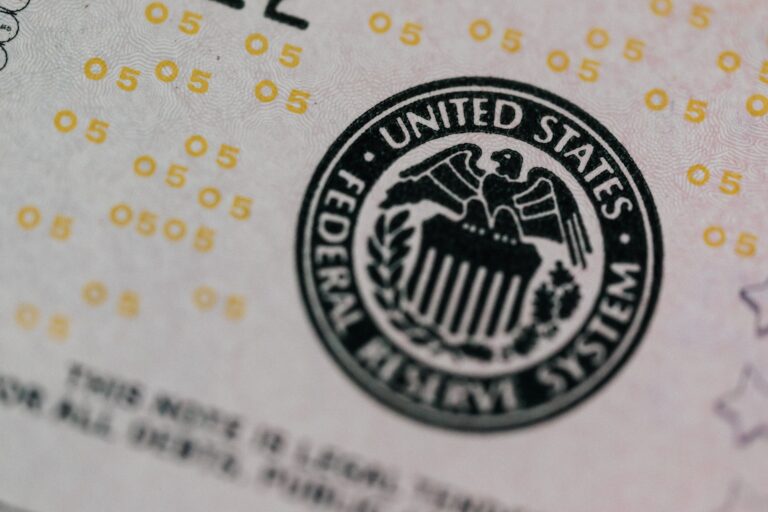
Morning Brief – An interesting conditionality
The markets have been following the meteoric rise in USDJPY closely. It is perceived as one of the key currency pairs out there that provides a multitude of wider signals about respective financial conditions in addition to its primary function of measuring clearing prices between the two constituent currencies. As one of the biggest movers so far this year, the wider signals USDJPY typically provides concerning risk conditions and its function as a barometer of the health of many Pacific economies is being brought into question.
The Yen has been punished as a result of Japan’s monetary authorities’ strict adherence to ultra-loose monetary policy. By continuing to keep ultra-loose policy, characterised by rock bottom interest rates and sustained asset purchase programs, the Yen has continued to secure for itself the role of lender, creating selling pressure on the currency. Despite being cheap to borrow it is rather expensive to hold with a deeply negative real and sub-zero nominal yield, fuelling selling pressure during a global tightening cycle.
The collapse in the Yen whilst catastrophic has been relatively orderly. It has perhaps achieved the currency equivalent of a calm and orderly escape through the fire exit whilst the flames lick higher. The reason for this has been that inflationary pressures domestically have not reached the astronomic heights that we have seen in western economies. Headline inflation has not topped anywhere near 10% as it has in many European economies and the United States. It can therefore justify some of the policy latency it has pursued with the Yen only being punished to the degree of the relative cost of holding it. This stands in contrast to less orderly currency declines of the likes of Sterling whose woes are deepened by loose fiscal and monetary policies in the face of such high inflation.
There had been some speculation over whether Japanese Prime Minister Fumio Kishida would apply political pressure on the Bank of Japan governor to either end the negative rate era or even seek to replace the policy maker. In contrast to this, the Prime Minister has now backed ultra-loose policy stating that the Bank of Japan should continue to hold rates at rock bottom until wages start to increase. We are used to the BoJ having a relatively large mandate with slightly less political distancing by comparison to many other economies. However, this is a very strange request and condition regarding monetary policy adjustment. Markets have clearly not taken well to the announcement by the Prime Minister with USDJPY sliding back through 145.00 despite intervention from the central bank directly in the FX market.
Discussion and Analysis by Charles Porter

Click Here to Subscribe to the SGM-FX Newsletter
Related Insights

Daily Brief – Weren’t Tariffs USD Negative?
Weren’t Tariffs USD Negative? The Dollar proved sensitive to headlines regarding trade during the US overnight session. However, contrary to what many commentaries would have you believe, as the risk of tariffs escalated the Dollar rose. The 90-day pause following Trump’s April ‘liberation day’ tariffs had been set to expire this coming Wednesday. To the […]

Daily Brief – Weak foundations
Weak foundations After a rally of around 15% year to date, there is significant cognitive and technical room for consolidation within EURUSD. Implied volatility has been rising given the macroeconomic backdrop that markets have encountered this year. Even within such an environment, a 15% rally in the market’s most traded instrument is still enormous. But […]

Daily Brief – Dollar Reserves
Dollar Reserves With the passing of Trump’s original deadline for the reimposition of liberation day tariffs yesterday, markets have breathed a sigh of relief. July VIX futures continued to slide lower. Moreover, what may surprise anyone who had been expecting the issue of tariffs to resurface following the passing of Trump’s new deadline, so too […]


